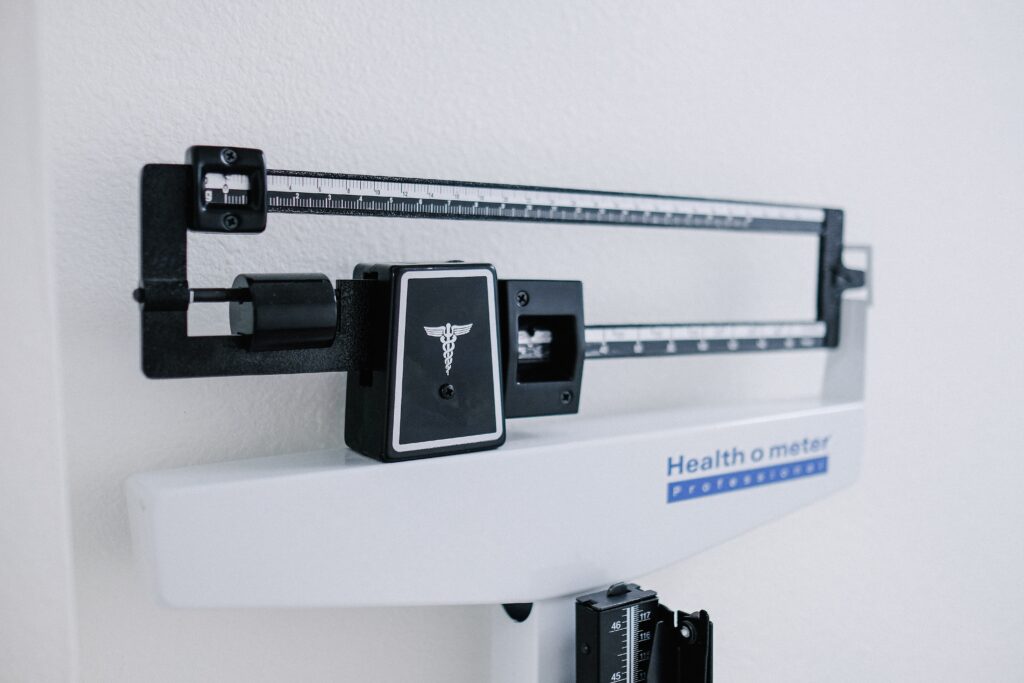Most patients are usually concerned about being overweight or obese, and it is usually difficult to get the weighing scale to budge. But if you start losing weight without even trying, this could be a sign of a more serious problem.
Unexplained or unintentional weight loss is an obvious drop in body weight in a person who is not trying to lose weight or does not have any condition that can lead to weight loss. This weight loss does is not due to changes in the diet, exercise or lifestyle.
When considering significant weight loss, it is important to record weight accurately with the use of a reliable weighing scale. The weight loss may be perceived as significant because one’s face may look gaunt or clothes are looser, but the scale may say otherwise. Only about 50 percent of patients reporting weight loss have true weight loss.
Weight loss of 10 pounds or more, or five percent of body weight, without even trying, over a period of six to 12 months, is concerning and should be investigated.
Unintended sudden or extreme weight loss is not good for one’s health. This can lead to feeling weak, having less energy and being less able to cope with illness. It is also related to an increased risk of death, regardless of any other underlying disease. Unintentional weight loss is also associated with an increased risk of weak bones and bone fractures.




There is an extensive list for the causes of weight loss, which include:
An overactive thyroid gland
Cancer
Uncontrolled diabetes
Depression or anxiety
Dental problems
Problems with swallowing
Gastrointestinal problems
Side effects of prescription medications
Celiac disease (allergy to gluten)
A parasitic infection
Alcohol or drug abuse
Undiagnosed eating disorders
Dementia
If you are losing weight, your doctor will work with you to determine the cause. This will involve a thorough history of any previous illnesses, family history, intake of medications, eating habits and level of physical activity, smoking history and alcohol intake. Tell your doctor about any other supplements and vitamins you are taking.
You will also be asked about signs and symptoms to help determine the under lying problem and these include:
Night sweats
Fever
Difficulty swallowing
Abdominal pain
Easily feeling full or bloated
Nausea and vomiting
Constipation or diarrhea
Blood in your stool or urine
You will also undergo a physical examination and basic laboratory testing. Some patients sometimes already go ahead and get cancer marker tests done, which are blood tests that can indicate the possibility of having certain cancers. These tests, as well as premature imaging scans like X-rays or a CT scan to look for hidden cancers, are not usually helpful unless some other clues point in that direction. These should only be done upon the advice of your doctor. Some tests may show false-positive results and can become a cause of undue anxiety.
Despite an appropriate initial evaluation, a clear cause for weight loss may not be found. If no abnormality is identified after initial testing, watchful waiting for one to six months is a reasonable next step. Waiting is preferable to having a battery of tests done which is not only costly but may not even show any significant results.
During this time, attention should be paid to changes in diet, accurate records of weight and any new symptoms that may appear. If the weight loss continues, follow-up with your doctor sooner. Further testing may be done and you may need a special diet to prevent further weight loss or to regain lost pounds.
